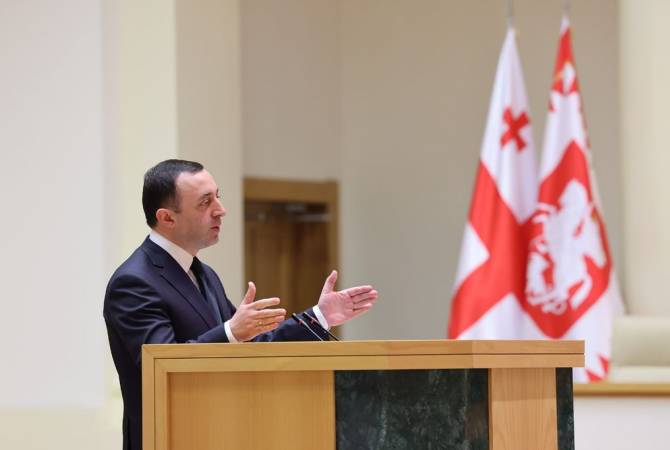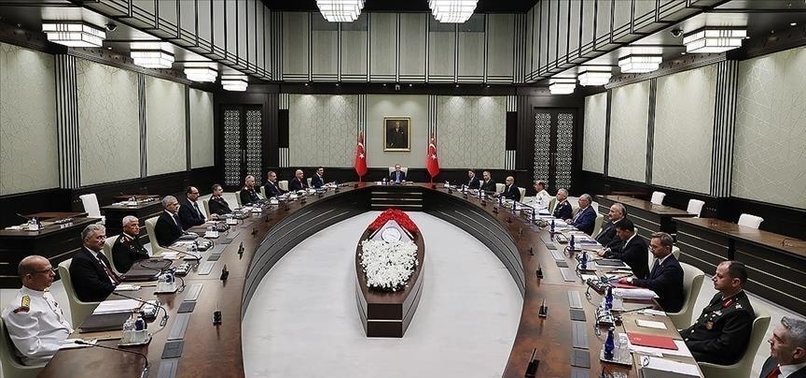WEST PALM BEACH, Fla. — Throughout the 2016 campaign and election, fake accounts run by Russian operatives spread disinformation and fake news throughout social media in the United States, including in South Florida.
In the final stretch towards Election Day, it’s still happening.
While we’re bombarded with television ads and political news, millions of Americans get their news from social media, like Facebook and Twitter.
In September, Facebook removed several accounts the social network said were “associated with past activity by the Russian Internet Research Agency (IRA).” The Internet Research Agency, based in St. Petersburg, Russia, was one of the main actors involved in the 2016 election interference.
FBI Director Christopher Wray told the Homeland Security and Governmental Affairs committee in September his agency had recently “shared threat indicators with Facebook and Twitter that allowed them to take down fake accounts that were created as part of a Russian disinformation campaign.”
FBI Director Christopher Wray testifies before a Senate Homeland Security Committee hearing on Capitol Hill in Washington, Nov. 5, 2019.
“It’s not all that difficult on social media to present a site that looks real, legitimate,” Bret Schafer, an expert on social media disinformation, said.
Schafer is a media and digitial disinformation fellow with the Alliance for Securing Democracy. The organization “develops comprehensive strategies to deter, defend against and raise the costs on authoritarian efforts to undermine and interfere in democratic institutions,” according to its website.
Its director, Laura Rosenberger, spoke before the Senate Select Committee on Intelligence in 2018 to raise awareness about foreign influence on social media. In 2016, the Russian government was the main driver behind disinformation on social media.
Laura Rosenberger, director of the Alliance for Securing Democracy, testifies before a Senate Intelligence Committee hearing on foreign influence operations and their use of social media on Capitol Hill in Washington, Wednesday, Aug. 1, 2018.
“One of Russia’s objectives is just to create chaos. Chaos is seen as beneficial to them, chaos at least in the United States,” Schafer told Contact 5.
It wasn’t just disinformation. Russian operatives even went as far as coordinating and organizing events in the United States.
According to an indictment filed by former special prosecutor Robert Mueller in 2016, thirteen Russian co-conspirators used the Twitter handle “March_for_Trump” to organize an event in West Palm Beach.
The defendants used the Twitter account to “recruit and later pay a real U.S. person to wear a costume portraying (Hillary) Clinton in a prison uniform at a rally in West Palm Beach,” the indictment notes.
Former special counsel Robert Mueller testifies on Capitol Hill in Washington before the House Judiciary Committee hearing on his report on Russian election interference, Sept. 29, 2020.
Schafer told Contact 5 one technique foreign actors use is to tag legitimate or local news sites in posts and “piggyback” off those organizations.
“Because people tend to trust local news more than they trust national news or international news outlets,” Schafer said.
Since 2016, the spread of misinformation by foreign governments hasn’t slowed down. More countries are doing it now.
Schafer told Contact 5 four nations are planting misinformation on social media — Russia, Iran, China and Venezuela.
Iran’s role recently came to light after John Ratcliffe, the director of National Intelligence, said both Iran and Russia “have taken specific actions to influence public opinion relating to our elections.”
“One of Russia’s objectives is just to create chaos,” Bret Schafer, with the Alliance for Securing Democracy, tells Contact 5.
Schafer said some social media accounts try and be subtle, using names or creating personas that try to look local. He pointed to one Twitter handle he found, “FtLaudyEATS,” as a local example.
“It just is sort of a front for pushing out state propaganda,” Schafer said of the handle. “It came to my attention because a Chinese diplomat actually retweeted the account.”
Contact 5 gathered a group of tech-savvy political science majors from Florida Atlantic University for a panel over Zoom to look at the problem.
“[It’s] probably just a post about different places to eat at,” FAU student Nadira Bello said about the Twitter handle.
But the content of the handle’s feed caught the students off-guard.
“I was very surprised to see such political tweets coming from a page like that,” FAU student Alex Zand said.
Ultimately, foreign actors want Americans to read and share misinformation and propaganda, hoping it will spread throughout social media.
Foreign nations actively pushing disinformation on social media ahead of 2020 election
“All of us are quite bad at identifying false bits of information when we want that information to be true,” Schafer said. “So, if there’s an attack on a candidate we’re not supporting, we’re just more likely to believe it because we want to believe it.”
“You always want to double-check the information that you read,” Bello told Contact 5 over the Zoom panel.
The bottom line is, when anyone shares false or misleading information on social media, they could be unwittingly doing so on behalf of foreign nations, whose goal is to spread discord and shake confidence in the democratic institution of the U.S.
“When your friends and family start talking about, that’s when it’s been effective,” Schafer said.






